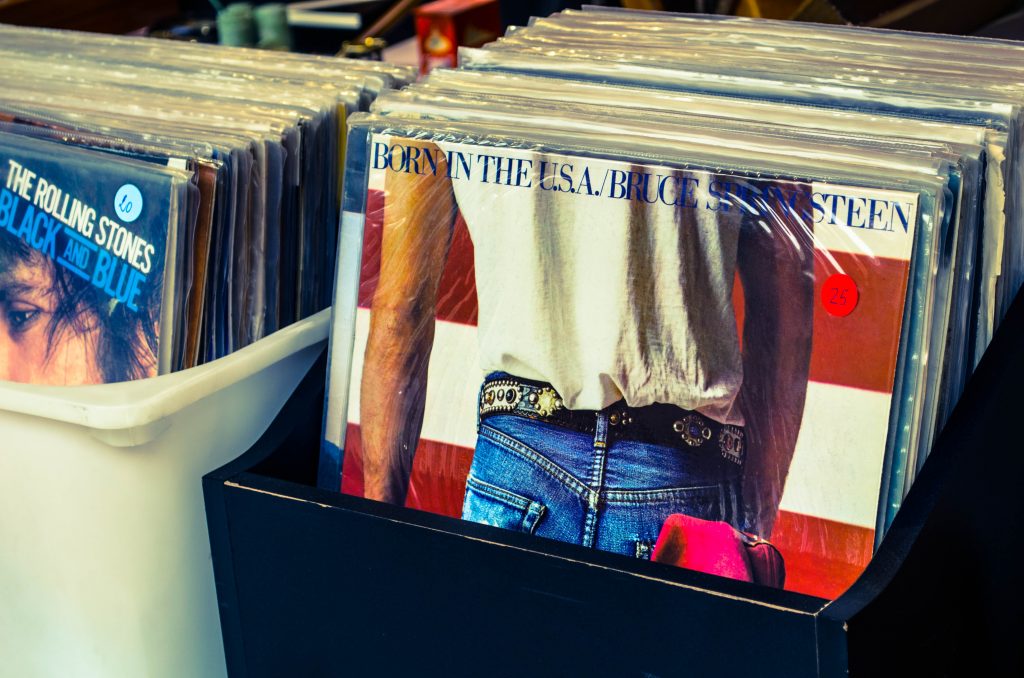About a decade ago, a friend of mine was asked an unusual question on a job interview: What’s your favorite Bruce Springsteen song?
Now, there are certain scenarios where that question might make sense. Among them: If she was applying for a job in the music industry (she wasn’t), if she was from New Jersey (she wasn’t), or maybe even if she was alive when Bruce Springsteen was still cranking out hit records (again: she wasn’t). She hadn’t brought up a personal appreciation for Bruce Springsteen either. The question just appeared, out of nowhere, for no good reason — and as a hiring manager, that drives me crazy.
When you’re interviewing a candidate, every single question should have a particular purpose. For instance, here’s one of my favorites:
If you’re interviewing for a job on my team, be ready to answer this question: What tools or apps do you use to work?
When I’m hiring, I’m looking for people who are going to be able to work well with my team. If a candidate has the right work habits already, I’m confident that we can teach them the skills and give them the confidence to do great work. So that’s where my question about tools comes in — because the tools you use to work secretly reveal a lot about your work personality.
Or let’s say I decided that curiosity was a trait I needed in a future hire. How might I learn whether or not a candidate was curious? I could ask them: Do you pay for any news sites? Which ones, and why? Or I could ask: What books have you read and loved lately?
If I’m trying to learn how they approach a problem, I might ask: We’ve been struggling with such-and-such challenge lately. Have you ever encountered an issue like that before? How did you solve it?
If I’m trying to find out how they work, I might say: Tell me about your routines, or, How do you handle your work when you have a lot to do?
If I’m trying to learn whether or not they have a mastery of their subject matter, I might ask: Is there anyone in our field who you’d love to get coffee with?, or, Who do you look up to in our industry?
When you’ve only got 20 or 30 minutes to talk with a candidate, make sure you get the most out of that time. Ask questions with a purpose.
I know some hiring managers will ask questions to see whether or not a candidate will freeze up during an interview. (For what it’s worth: I don’t think that’s what the Springsteen question was about. I think that was a case of a middle-aged manager hoping to find a way to relate to my friend, and badly missing the mark.) But I don’t quite understand the idea of asking a candidate, “Why is there fuzz on tennis balls?” or “How many square feet of pizza are eaten in the U.S. each year?” Unless solving trick questions on the fly is going to be part of this candidate’s job, you’re not going to learn anything about their potential fit in a role from those questions — besides, maybe, whether the candidate can BS on their feet.
Keep your questions simple. Ask questions that get to the heart of the candidate: Who is this person? How do they work? What drives them?
Make sure you ask something to learn something.
——
That photo of a Springsteen record is by Jose Antonio Gallego Vázquez for Unsplash.

